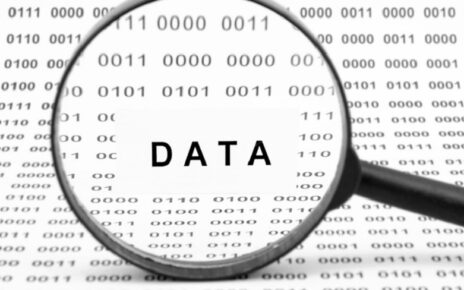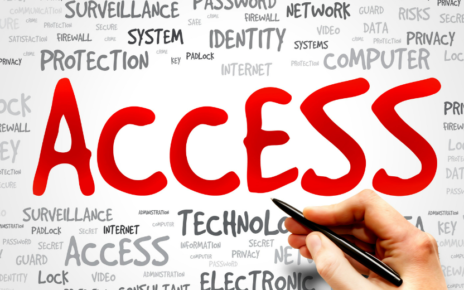In today’s fast-paced healthcare environment, mental and behavioral healthcare practices are always looking for ways to streamline processes and improve patient care. One significant development is the widespread adoption of Electronic Medical Records (EMRs), specifically tailored to the needs of psychiatric professionals. In this article, we closely examine the effects of adopting a psychiatric EMR system on clinician workflow, efficiency, and overall patient experience.
The Transition from Paper to Electronic Records
Traditionally, psychiatric practices relied on paper-based systems to keep track of patient records, prescriptions, and case notes. This method was cumbersome, time-consuming, and often prone to errors. With the increasing need for precise, accurate, and up-to-date information, electronic systems have become the new norm. Psychiatric EMRs stand out due to their specialized features catering to the unique needs of the mental health field.
Benefits of Adopting a Psychiatric EMR System
Enhanced Information Accessibility
One of the most significant advantages of adopting a psychiatric EMR system is the ease of access to relevant patient records. Clinicians can quickly retrieve comprehensive patient history, including medications, treatment plans, and prior diagnoses, resulting in timelier and more informed decisions. Furthermore, the compatibility of EMRs with various devices, including smartphones and tablets, allows for instantaneous access to information, even during appointments or consultations.
Improved Workflow Efficiency
Streamlining daily operations is another major benefit of psychiatric EMR adoption. The system eliminates the need for manual documentation, saving time and reducing the risk of errors. Integrated tools such as appointment scheduling, billing, and prescription management make administrative tasks more efficient, freeing up clinicians to focus on patient care.
Enhanced Communication and Coordination
Another significant aspect of psychiatric EMR systems is the ability to facilitate seamless communication between team members. By enabling real-time updates and record-sharing, the system ensures that each clinician has the most accurate and up-to-date information, leading to better care coordination and continuity.
Increased Patient Satisfaction
As psychiatric EMR systems speed up the administrative process and improve the quality of care, patient satisfaction is likely to increase as well. Smooth, efficient processes allow clinicians to spend more time addressing patients’ concerns, leading to a more personalized experience.
Challenges of Implementing a Psychiatric EMR System
Despite the numerous benefits, adopting a psychiatric EMR system presents certain challenges. Staff training, data migration, and upfront costs are common hurdles faced by practices during the transition process. However, with proper planning and support from experienced professionals, these issues can be mitigated and overcome.
In Conclusion
The impact of adopting a psychiatric EMR system on clinician workflow and efficiency is certainly undeniable. While there may be challenges during the transition process, the long-term benefits, such as improved workflow, enhanced communication, and increased patient satisfaction, make it a worthwhile investment for mental and behavioral healthcare practices. Consequently, embracing this technological advancement will not only help streamline processes but also elevate the overall quality of psychiatric care.





